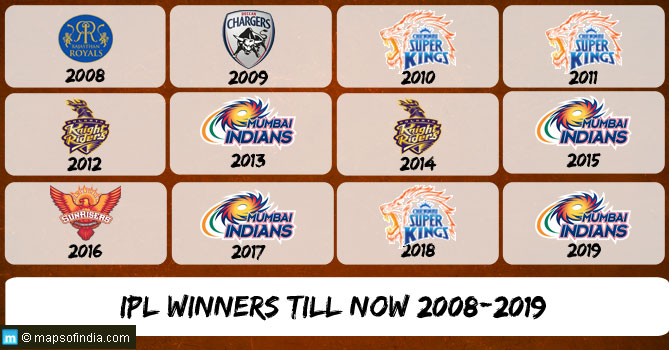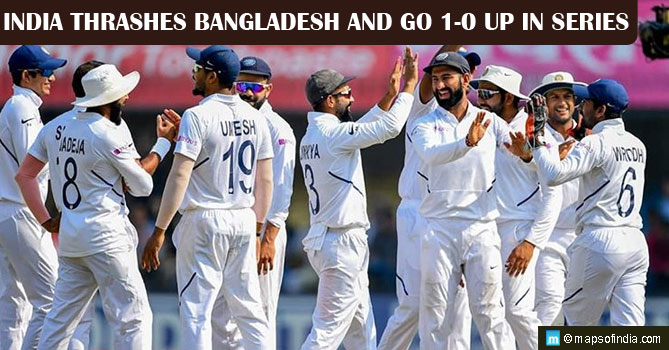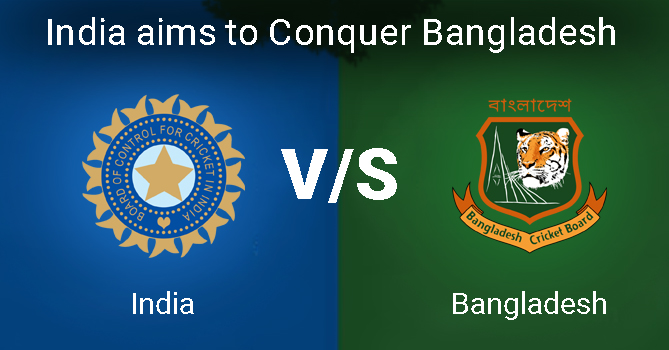India was partitioned in 1947 by the British administration when it granted its colonial subjects the boon of political independence. The partition created a permanent scar on the minds of many people as they were forced to leave their homeland and settle down anew – it was a painful process, no doubt. The partition, in my opinion, also made India a far weaker country in terms of sports. If you talk of tennis, look at the achievements of Rohan Bopanna and Aisam ul Haq. If you want to talk of hockey, look at the success that Pakistani hockey players have had in the various franchise-based hockey leagues being played in India of late. If you think of the football team, India would surely have benefited from the tall and strong Pathans playing for them, especially in key positions like defence and forward/striker. Cricket, I think, has been the biggest sufferer, though.
Let’s start with the 1950s. At that time Pakistan had several world-beaters like Hanif Mohammed and Fazal Mahmud, the latter being regarded as the father of Pakistan’s fast bowling. Plus there were plenty others, I’m sure, who stood a good chance of representing an undivided India or who had already played for India. During the 60s and 70s, players like Intikhab Alam, Mushtaq Mohammed, Majid Khan and Asif Iqbal were known around the world for their skills and were regulars in county cricket, then the premier domestic competition in the cricketing world. Just imagine how well they would have fitted into the Indian team!
Pakistan had the strongest team during the late 70s and 80s, when a certain Imran Khan Niazi was on the prowl. He was one of the finest bowlers at that time and also a really good, if underrated, batsman, and the finest captain that the world of cricket has ever seen. During his time as skipper, he was able to change the mindset and approach of an entire team, but the interesting thing is that he never wanted to be in that position. His style of captaincy was later employed with much success by Arjun Ranatunga in Sri Lanka and in India by Saurav Ganguly.
Along with these, there were several other cricketers who could send a chill down the spine of any opponent team – Javed Miandad, Zaheer Abbas, Sarfraz Nawaz, and Abdul Qadir. Miandad and Abbas were world-class batsmen who led Pakistan intermittently, though not always with the best results. Sarfraz is widely acknowledged as the father of reverse swing and Abdul Qadir was the finest spinner of his time. During the 90s Pakistan had its two Ws – Wasim and Waqar who helped win countless matches with their speed and guile, and along the way they broke many toes and egos as well. Together with Srinath, they would have made India an unbeatable force in world cricket.
Inzamam ul Haq, to me, remains the finest player of fast bowling, and that is no mean achievement coming from Pakistan, especially in the times of batsmen like Sachin Tendulkar, Brian Lara, Aravinda de Silva, Jacques Kallis and Ricky Ponting. He is one player who could have played for India and helped us become invincible. Similarly, Shoaib Akhtar was an exceptional bowler who could have won many matches for India, along with Zaheer Khan. That would have been a mouth-watering treat. Similarly, Abdur Razzaq and Azhar Mahmood would have been invaluable to the team, especially in the limited-overs games. Moving on to Bangladesh, I think Shakib al Hasan would have been a good cricketer for us.
From the present generation, Pakistan has a whole heap of promising fast bowlers whom India would surely love to have, such as Junaid Khan, Mohammed Irfan, and Mohammed Amir. Saeed Ajmal too would have been a good pick. However, I am certain that the currently the selectors’ job is a whole lot easier, as otherwise they wouldn’t have been able to do justice to the matchless talent-pool India would have possessed.
Related Information:



